India Hot Topics
China Releases 10 Indian Soldiers After Intense Negotiations

Intense negotiations through diplomatic and military channels, including three rounds of talks between senior military officers, led to the release of 10 Indian soldiers detained by the Chinese side during the violent brawl of June 15 in Galwan Valley, people familiar with developments said.
The people, speaking on condition of anonymity, said the 10 soldiers, including at least two officers, were returned to the Indian side on Thursday evening, three days after the violent face-off along the Line of Actual Control (LAC) that left 20 soldiers, including a colonel, dead.
These negotiations were kept tightly under wraps due to concerns for the safety of the soldiers amid the heightened tensions between the two sides, the people said.
There was no official word on the development. All that the Indian Army and the external affairs ministry had said on Thursday was that no Indian soldiers were “missing in action”.
The release of the 10 soldiers figured in three rounds of talks between Indian and Chinese delegations, led by major generals, near Patrol Point 14 in Galway Valley between Tuesday and Thursday. Maj Gen Abhijit Bapat, commander of Karu-based headquarters 3 Infantry Division, and his Chinese counterpart, met for the third time on Thursday.
The meetings were part of ongoing military engagements to de-escalate the situation and to disengage on the disputed border. The two senior military officers have met seven times since the stand-off began in early May.
The people further said the 10 soldiers, after their release, were sent for a medical examination and were “debriefed” by officials.
The last time the Chinese military had captured Indian soldiers was during the border war between the two countries in 1962. Monday night’s seven-hour brutal clash involving more than 500 rival troops also marked the first time India suffered combat fatalities in an incident involving Chinese troops since 1975.
Following reports that an unspecified number of soldiers were unaccounted for after Monday night’s clash, the Indian Army had on Thursday only said that none of its personnel were missing in action.
“It is clarified that there are no Indian troops missing in action,” the army said in a terse statement. An army spokesperson had said the statement was in reference to the article “In China-India Clash, Two Nationalist Leaders with Little Room to Give” in The New York Times on Wednesday.
Asked about the specific issue of the status of Indian soldiers after the clash of June 15, external affairs ministry spokesperson Anurag Srivastava told a weekly media briefing on Thursday: “This has been clarified by the army earlier today afternoon that there are no Indian troops missing in action.”
China has so far not acknowledged any casualties among its troops, while some 76 Indian soldiers were also injured. Army officials claimed 43 Chinese were killed or seriously injured, citing radio intercepts and other intelligence. The Chinese fatal casualties reportedly include a colonel-ranked officer but HT couldn’t independently verify this.
India has attributed the clash of June 15 on Chinese forces crossing to the Indian side of the LAC and attempting to build a structure. It has also rejected China’s People’s Liberation Army’s claim of sovereignty over the Galwan Valley.
A top retired army commander, who didn’t want to be identified, said: “China has already achieved what it set out to achieve – control over Galwan Valley and [the strategic feature] Finger 4. The gesture of returning the soldiers is a message to the world that they [the Chinese] are not the aggressors and they have returned people who intruded into their territory.”
News Source: HindustanTimes
Also Read: Actor Sushant Singh Rajput Committed Suicide At His Home In Bandra
Movie
The Madras High Court has granted early screenings of Vijay’s Leo movie from 7 AM, requesting the TN government to resolve any issues.
Madras High Court Grants Early Screenings of Vijay’s “Leo” Movie at 7 AM, Urges TN Government to Address Concerns
The Madras High Court has made a landmark decision in favor of the much-anticipated Tamil film “Leo,” starring actor Vijay. In a significant move, the court has granted permission for early screenings of the movie from 7 AM, urging the Tamil Nadu government to swiftly address any issues and facilitate the smooth release of the film. This decision marks a pivotal moment in the realm of Tamil cinema and the entertainment industry at large.
Historical Context:
The Indian film industry, particularly the Tamil film industry, has seen its share of controversies and challenges related to film releases. Issues such as censorship, political disputes, and public sentiment have often played a significant role in shaping the release schedules and screening times for films. Vijay, one of Tamil cinema’s most prominent actors, has been at the center of such controversies in the past. This decision by the Madras High Court is, therefore, particularly noteworthy.
The Ruling:
The Madras High Court’s decision to permit early screenings of “Leo” comes as a response to a plea filed by the film’s producers. The court, while considering the plea, took into account various factors, including the film’s anticipated popularity and the prevailing circumstances. The court emphasized the importance of accommodating the audience’s interests and allowing them to enjoy the film without disruptions.
A Step Towards Normalization:
The court’s decision signifies a positive shift in the film industry, where release dates and screening times are often mired in controversy. By allowing screenings to commence at 7 AM, the court aims to reduce the chances of public unrest and congestion near theaters, especially in the wake of high-profile film releases.
The Role of the Tamil Nadu Government:
The Madras High Court, in its ruling, also called upon the Tamil Nadu government to cooperate in ensuring a seamless release for the film. This cooperation extends to providing necessary security measures to maintain law and order around theaters during the early screenings.
Implications for the Entertainment Industry:
The decision is expected to set a precedent for the release of other highly anticipated films, not just in Tamil cinema but also in the broader Indian film industry. The court’s emphasis on the importance of accommodating the audience’s interests could lead to more flexible screening times for movies in the future.
The Audience’s Perspective:
For moviegoers and fans of Vijay, this decision comes as a welcome relief. They can now look forward to enjoying the film without any undue delays or disruptions, ensuring a memorable cinematic experience.
In conclusion, the Madras High Court’s ruling to allow early screenings of Vijay’s “Leo” at 7 AM while urging the Tamil Nadu government to resolve any issues paves the way for a more audience-centric approach in the film industry. It is a landmark decision that highlights the importance of balancing the interests of filmmakers and the movie-loving public. This judgment is poised to make a positive impact on the release of future films, ushering in a new era of flexibility and convenience for cinema enthusiasts.
Group Media Publications
Entertainment News Platforms – anyflix.in
Construction Infrastructure and Mining News Platform – https://cimreviews.com/
General News Platform – https://ihtlive.com/
Podcast Platforms – https://anyfm.in
-
.jpg)
.jpg) Music2 months ago
Music2 months agoSidhu Moosewala’s father and baby brother feature on Times Square billboard; fans react. Watch
-
Bollywood1 month ago
Rasha, the daughter of Raveena Tandon, discusses how trolling affects her: “I think in processing it, feeling bad for a bit.”
-

 Tollywood2 weeks ago
Tollywood2 weeks agoAnnouncing a new film with Ravi Kiran Kola, Vijay Deverakonda poses for a picture: Together, we’ll produce an exciting movie.
-

 Music5 days ago
Music5 days agoIn a NEW investigation, the NewJeans family accuses HYBE of “exploitation and mistreatment.”
-

 Hollywood5 days ago
Hollywood5 days agoWith her studio comeback, Ariana Grande teases her fans. Is a new album or deluxe edition in the works?
-

 Bollywood2 months ago
Bollywood2 months agoThe phrase “female-led projects” annoys Bhumi Pednekar. “It disgusts me deeply.”
-
Bollywood1 month ago
Vijay Deverakonda and Mrunal Thakur’s Family Star opens with a first-day box office collection of more than ₹5 crore in India.
-
%20(1).jpg)
%20(1).jpg) Bollywood2 months ago
Bollywood2 months agoAditi Rao Hydari makes it clear that she is not married to Siddharth; instead, the couple displays rings.


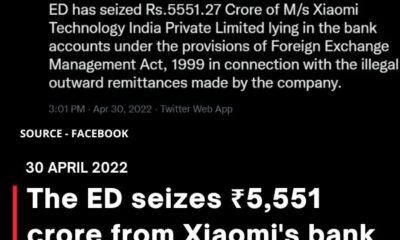

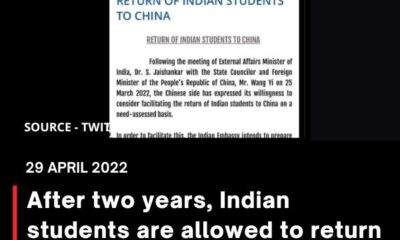




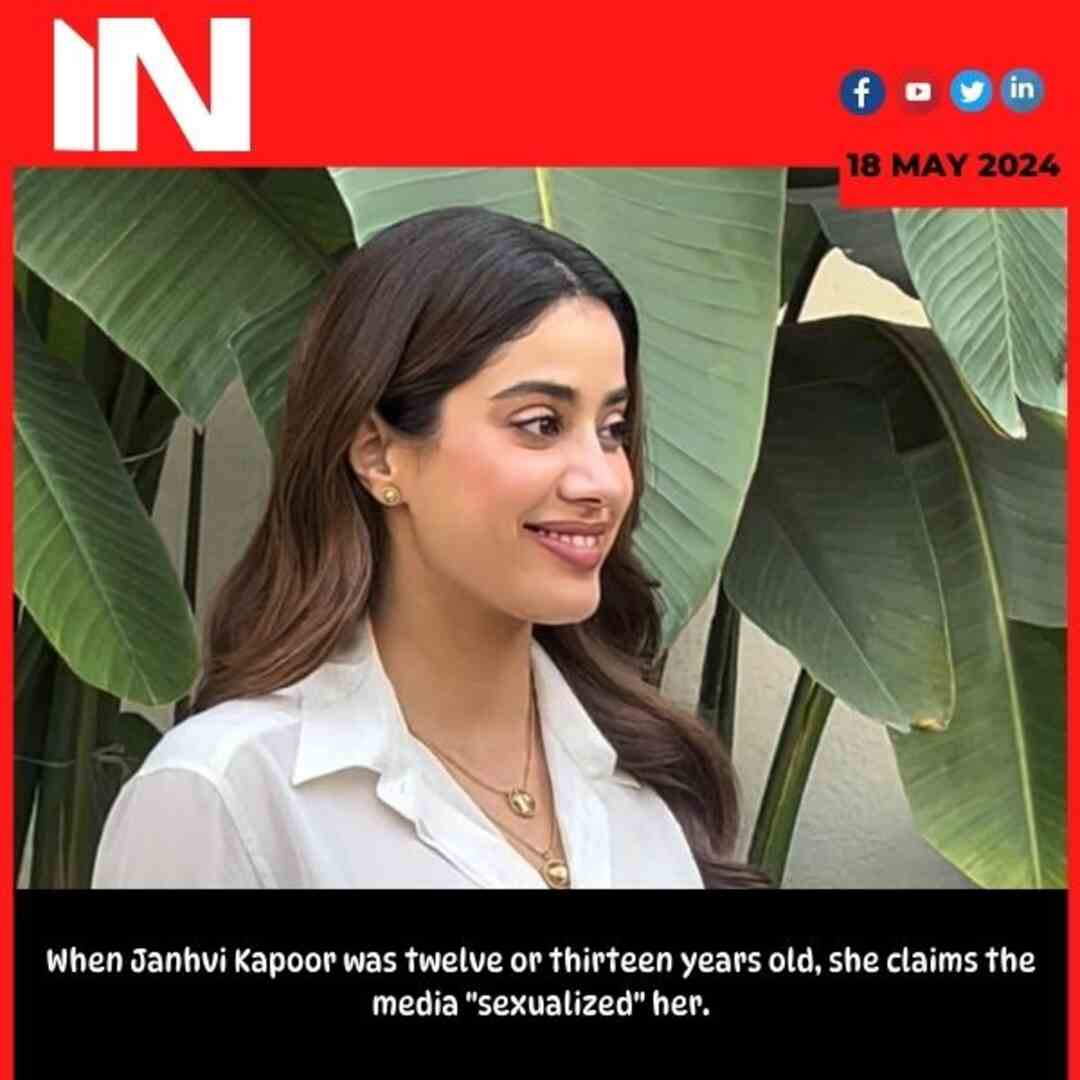


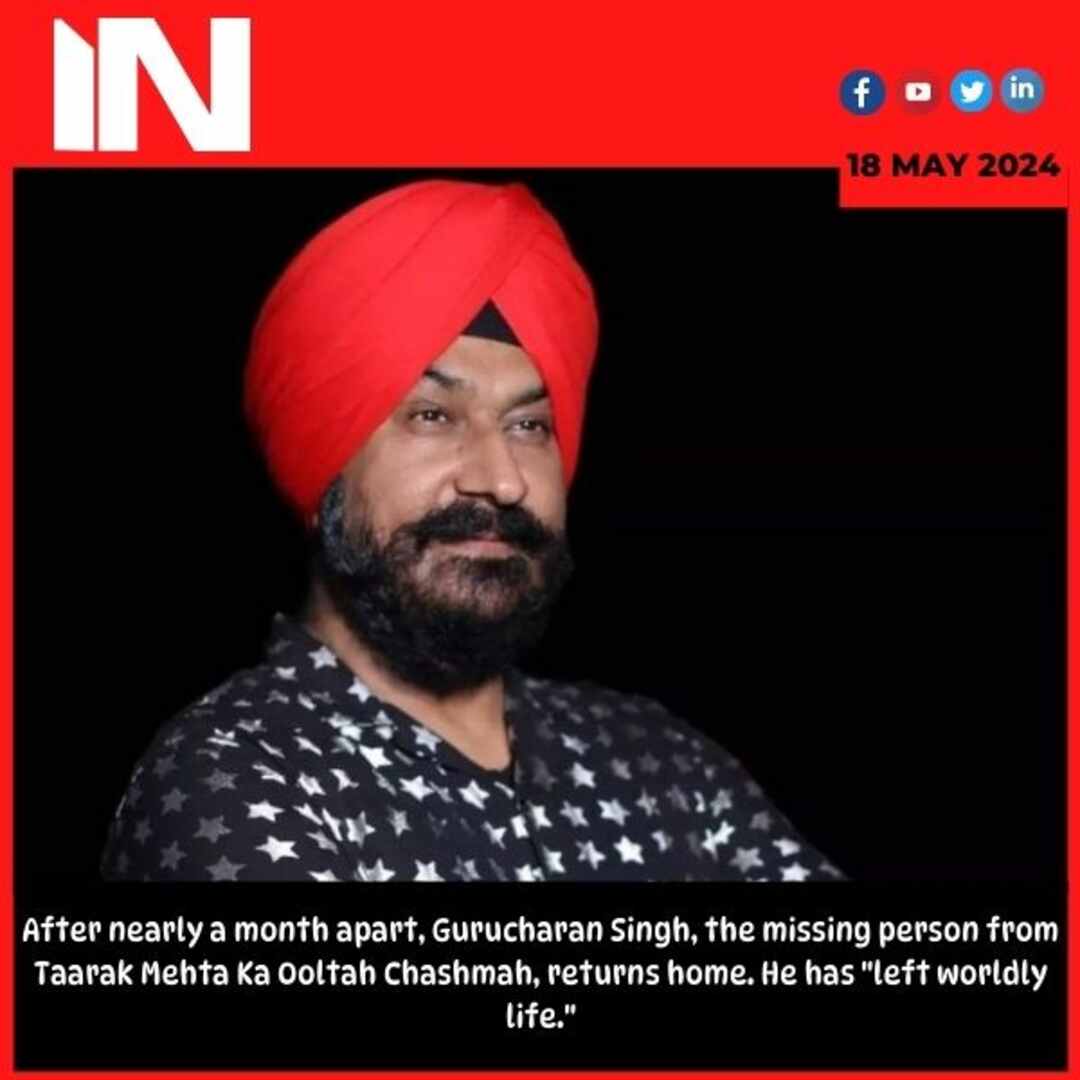

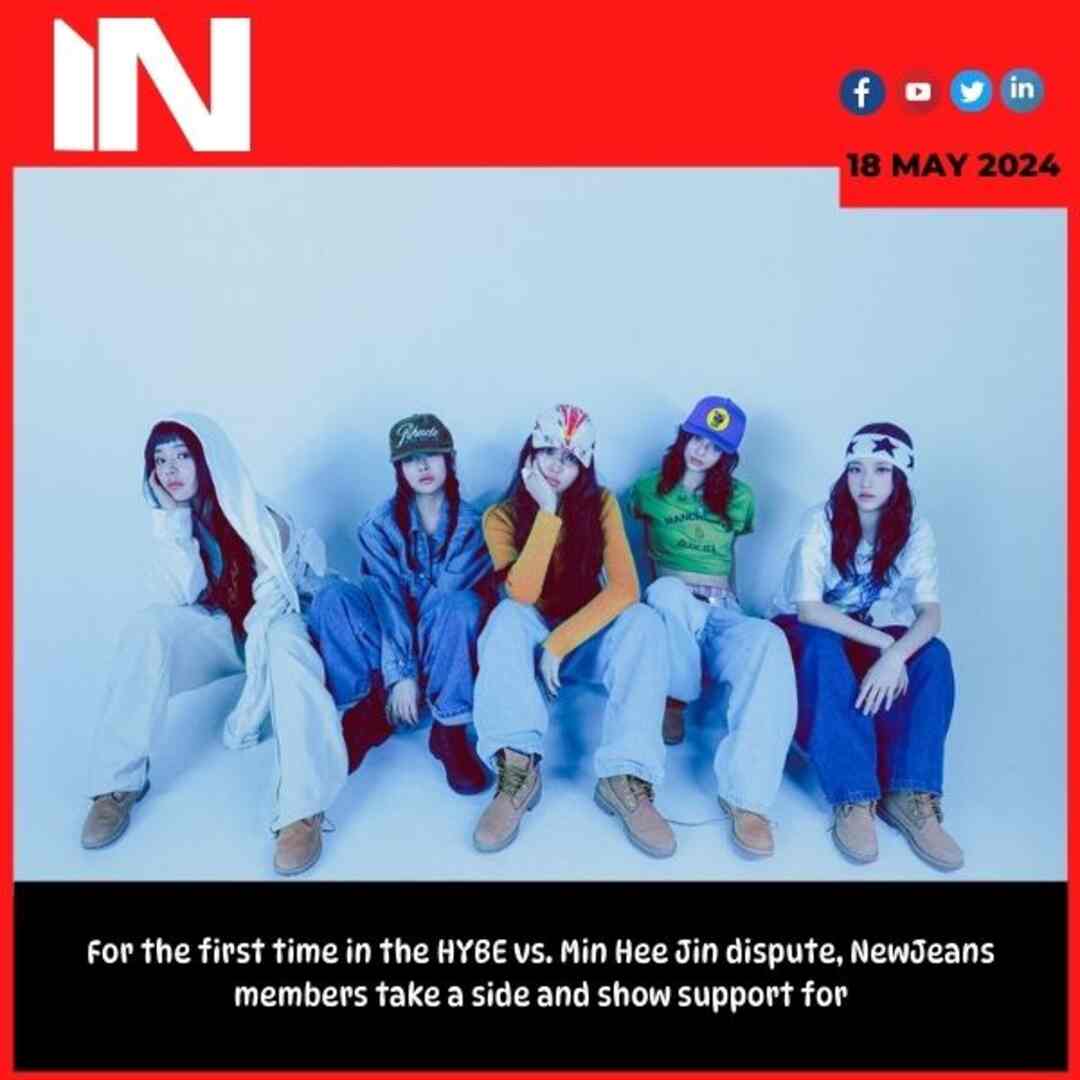





.jpg)
.jpg)




